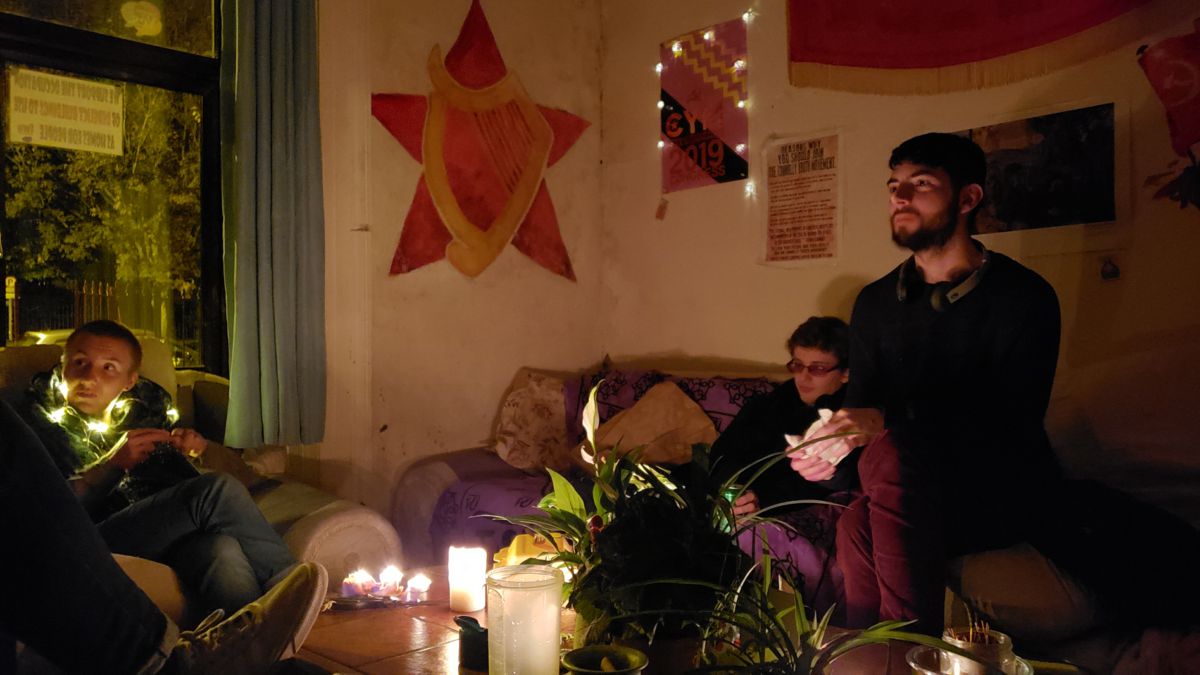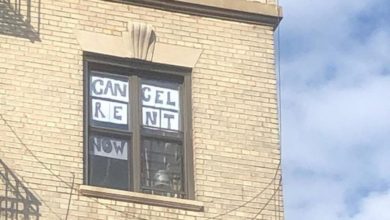For the second straight year data indicate that roughly 47 million people in the United States remain mired in poverty. In addition, median household income is now 8.3 percent lower than it was in 2007. This news, coming fast on the heels of strikes around the country by low-wage workers, further underscores capitalist politicians’ lack of action to end poverty.
In fact the primary economic news coming out of Washington has been about whether or not the Federal Reserve will begin to “taper” its cheap-money-for-banks program known as Quantitative Easing, and the corresponding fear on Wall Street that their free ride courtesy of taxpayers may be ending. In a sign of just how outside the purview of politicians the plight of the impoverished is, House Republicans are pushing a massive cut to food stamp—the federal program most associated with lifting people out of poverty!
Making matters even worse, when poverty numbers are broken down, the largest cohort in poverty are children, 16 million of whom are impoverished. Children under 5-years-old are the poorest age group. As nutritional support is on the chopping block, and early childhood education was slashed by President Obama’s sequester, these figures represent a devastating attack on brain development during the crucial pre-school years
The American government defines poverty as $64 a day for a family of four. This comes down to $16 a day to spend for each family member. Tens of millions also live in “extreme poverty” which is defined as $32 a day for a family of four, or $8 a day for each family member. This creates impossible choices every day for those in poverty; choosing between the heating bill and clothing, between school supplies and food and between all of those and rent.
These tragic choices however do not concern capitalists. In pursuit of high profit margins capitalists have allowed wages to stagnate, and in almost every industry have moved to cut benefits and pensions. In addition, what job growth there is has mostly been confined to low wage sectors. In fact, according to USA Today’s estimate of the 10 fastest growing job categories, the sector that added the most jobs was also the lowest paying.
A campaign targeting eight different low wage employers has pointed out that these companies’ combined profits last year totaled $7.35 billion, while most of their workers were paid only $11,200 per year. Despite their vast profits, companies continue to oppose higher wages nationally, although in a sign of how disingenuous this really is, one Burger King in North Carolina doubled pay to prevent a strike.
Encouragingly workers in cities across the country are refusing to sit and take this. On August 29 thousands of workers in dozens of cities struck at fast food restaurants across the country demanding living wages of $15/hr. The fight has electrified the labor movement and drawn more attention to workers’ issues than any strike in recent memory. As a result there has been widespread majority support for raising the minimum wage, with California most recently passing an increase and bills pending in states and localities across the country.
It has been said that capitalism is simply the accumulation of misery at one pole, and wealth at another. Nothing is more clearly proven true by the massive growth of income inequality in the United States where a tiny handful, even less than 1 percent, have grown ultra-rich while almost everyone else is left struggling to keep their head above water or sinking into poverty. The fight for every cent of increased wages is crucial to the survival of poor and working people in this country, but ultimately we need to eliminate the idea of poverty and poor people, and use the massive wealth and human potential of our society to meet the needs of its people. In other words, we need socialism.






